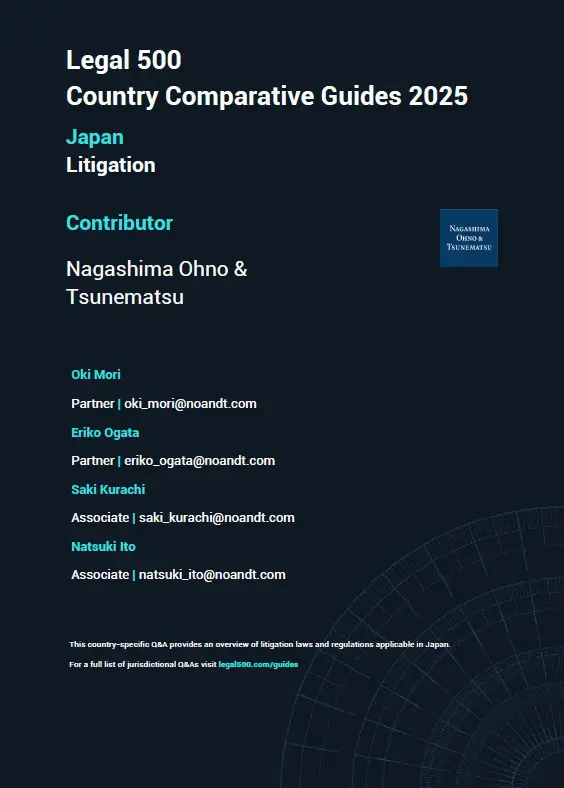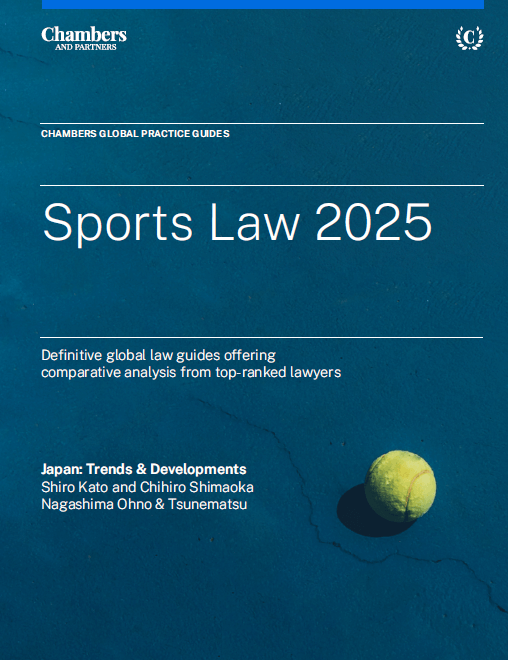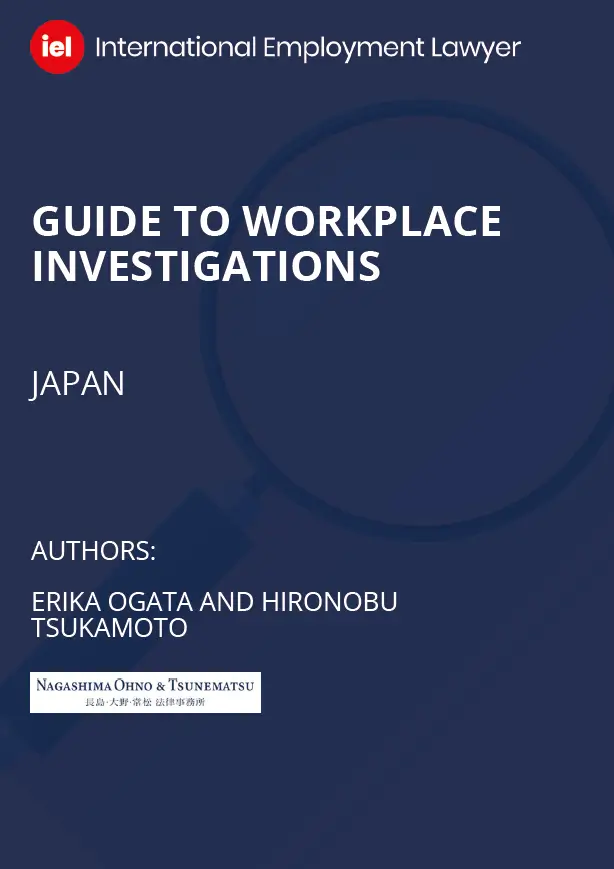
NO&T Asia Legal Review
On 12 April 2023, the Philippine Department of Labor and Employment (“DOLE”) issued Department Order No. 238, Series of 2023 on the “Rules on the Administration and Enforcement of Labor Standards Pursuant to Article 128 of the Labor Code of the Philippines, as renumbered, and Republic Act No. 11058” (the “Revised Rules”).
Labor compliance inspections (with the exception of complaint inspections, occupational safety and health (“OSH”) standards investigations, technical safety inspections, and other inspections directed by the Secretary of Labor and Employment) were initially suspended from the period of 1 December 2022 to 1 February 2023 to allow the DOLE to focus on pending labor standards cases and prepare for its inspection program for 2023.
The Revised Rules were issued shortly after the resumption of labor compliance inspections was announced and strengthen the visitorial and enforcement powers of the Secretary of Labor and Employment under the Labor Code by introducing a new inspection framework to enhance the quality of labor compliance inspections and promote adherence to general labor standards and other social legislation, including Republic Act No. 11058 on OSH standards.
Based on the Revised Rules, the administration and enforcement of labor standards may be through a (i) technical and advisory visit (conducted on micro-establishments employing less than 10 workers), (ii) labor inspection, or (iii) OSH investigation.
In relation to the above, the following have been identified as priority establishments for labor compliance inspections and enforcement of labor standards:
It should be noted that since contracting or subcontracting arrangements are common in manufacturing industries, entities engaged in manufacturing are also among the establishments that would typically be subject of labor compliance inspections.
All employers are required to keep and maintain employment records (e.g., employment contracts, daily time records, payroll, proof of payment of statutory benefits, etc.) in the workplace premises for at least 3 years.
During an inspection, an employer is obliged to present to the labor inspector its employment records, workplace policies, and such other compliances required under OSH standards. A labor inspector may interview employees and inspect the work premises, and in practice, a labor inspector would also interview the contractor’s or subcontractor’s employees who are on the work premises to validate that they are deployed under a legitimate job contracting relationship.
An employer’s refusal to grant the labor inspector access to its records, work premises or employees during the conduct of an inspection may result in the filing of a criminal action against the employer or its responsible officers.
Where the inspection approach is a technical or advisory visit, the labor inspector shall require micro-establishments with compliance gaps to accomplish an action plan indicating the interventions and technical assistance needed. Micro-establishments shall correct the noted non-compliances within 3 months from the receipt of the action plan. Otherwise, remaining deficiencies will be subject of a notice of visit results (“NOVR”).
On the other hand, for non-compliances discovered during the conduct of a labor inspection, the employer is required to correct violations of labor standards within 20 days from receipt of the notice of inspection results, and for non-compliances discovered during an OSH investigation, the labor inspector shall assist the employer in preparing an action plan and the employer should submit its proof of compliance with the action plan within 20 days from the investigation.
Notwithstanding the above time periods, in the event of imminent danger or dangerous occurrence (e.g., fire causing structural damage) or violations of OSH standards in the plain view or presence of the labor inspector, the labor inspector shall direct the employer to immediately implement corrective or temporary actions to abate or prevent the danger.
Work Stoppage Order
The labor inspector may recommend the immediate issuance of a work stoppage order or the suspension of operation of any unit or department of an establishment when continued non-compliance poses a grave and imminent danger to the health and safety of employees, or the imminent danger cannot be abated during the investigation.
The DOLE Regional Director having jurisdiction over the workplace shall conduct a hearing within 24 hours from the issuance of the work stoppage order to determine the cause and remedial measures taken. A work stoppage order will be lifted only if the employer can establish that the imminent danger is abated.
An employer shall be directed to pay the wages of the affected employees during the period of work stoppage if the DOLE finds that the imminent danger is due to the violation or fault of the employer.
Mandatory Conference and Compliance Orders
Uncorrected violations will be the subject of a mandatory conference before the DOLE. A notice of mandatory conference will be issued within 5 days from (i) the NOVR where the approach is technical or advisory visit, or (ii) the lapse of the correction period where the approach is a labor inspection or OSH investigation.
After the termination of the mandatory conference, the DOLE Regional Director may issue compliance orders containing, among others, a statement of the facts, issues, evidence to support the findings of violations, and the corresponding liabilities or penalties imposed, if any.
Final compliance orders or resolutions may be subject of a writ of execution enforced by the DOLE and will not be stayed unless the appellate court, reviewing the compliance order under a petition for certiorari, issues a restraining order or injunction enjoining the execution.
The Revised Rules reinforce the mechanisms that may be availed of by the DOLE for the administration and enforcement of labor and OSH standards in the workplace. Entities or subsidiaries with operations in the Philippines should continue to be mindful and monitor their compliance with Philippine labor laws and regulations in general, especially if they are considered priority establishments under the Revised Rules, since such labor compliance inspections are usually surprise visits.
This newsletter is given as general information for reference purposes only and therefore does not constitute our firm’s legal advice. Any opinion stated in this newsletter is a personal view of the author(s) and not our firm’s official view. For any specific matter or legal issue, please do not rely on this newsletter but make sure to consult a legal adviser. We would be delighted to answer your questions, if any.


Shejal Verma


(July 2025)
Oki Mori, Eriko Ogata, Saki Kurachi, Natsuki Ito (Co-author)


Patricia O. Ko


(April 2025)
Shiro Kato, Chihiro Shimaoka (Co-author)


Shejal Verma


Patricia O. Ko


(April 2025)
Shiro Kato, Chihiro Shimaoka (Co-author)


(January 2025)
Hironobu Tsukamoto, Eriko Ogata (Co-author)